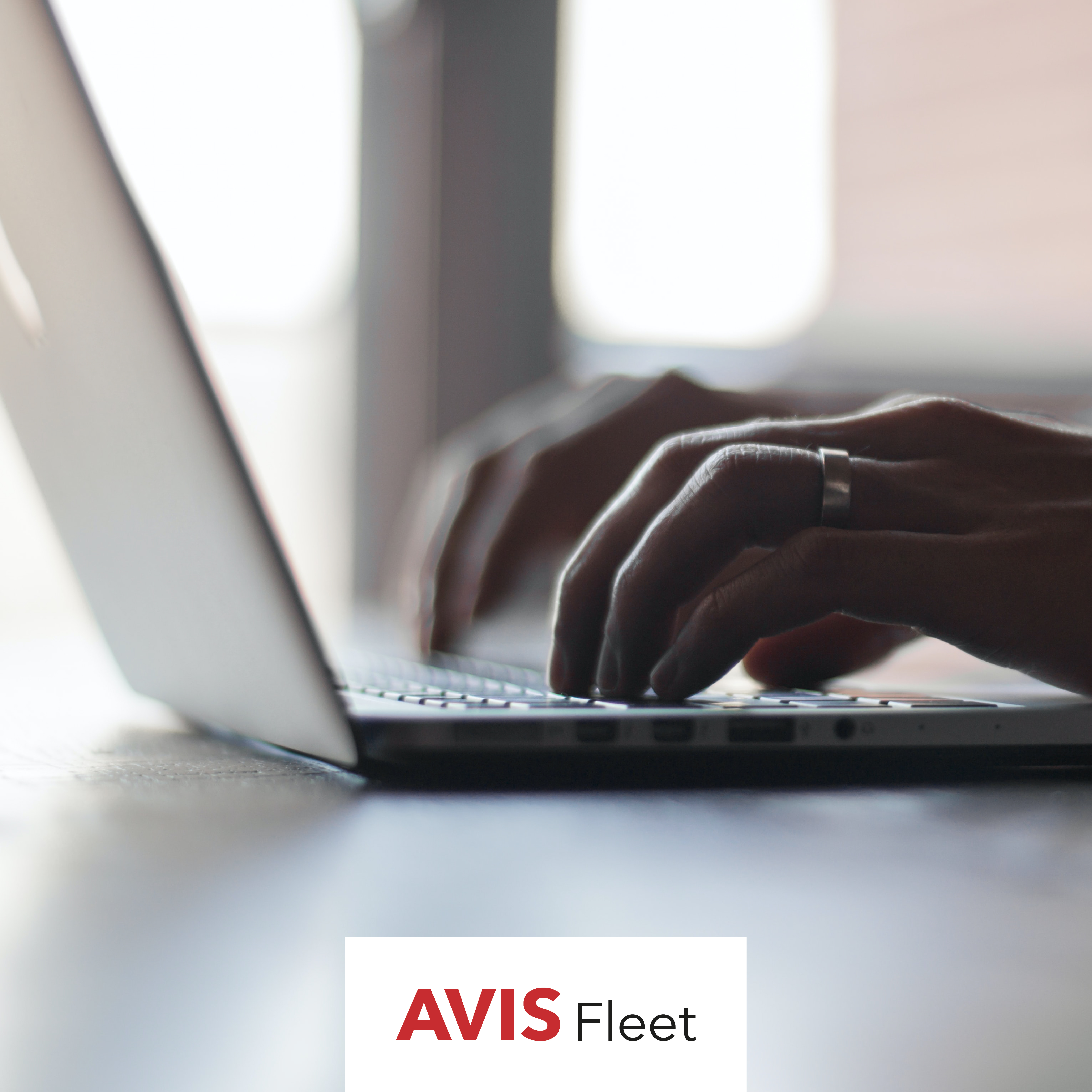Fuel spending is a constantly moving target for fleet managers and one of the most significant expenses in the business. With the right technology, data, and planning, it is possible to keep your fuel costs in check.
Fuel spending is a constantly moving target for fleet managers and one of the most significant expenses in the business. With the right technology, data, and planning, it is possible to keep your fuel costs in check.
Mention fuel costs, and South Africans are immediately reminded of the current fuel price at just over R26 per litre. However, while there’s no getting around the high fuel costs currently (even though South Africans will always try), there are many other ways to ensure you keep your fuel expense to a minimum.
The first step in optimising your fleet and lowering your fuel spend is implementing a fuel management solution and a telematics system that can track and collect data on various aspects of your fleet. The only way you can save fuel is by knowing exactly where you are losing money.
- Comprehensive fuel management system
The most effective way to reduce fuel costs for any fleet is to implement an Intelligent Fuel Management (IFM) system that carefully tracks all fuel expenses, alerts on discrepancies, and provides cost-saving solutions.
IFM begins with a complete fuel data analysis of all your transactions. Our system establishes what you are paying for fuel, tracks the vehicle fuel consumption by comparing specific norms to that vehicle's actual performance, and identifies how you can save money. After that, we monitor every transaction and send weekly or monthly reports detailing all irregularities.
Avis IFM sends instant alerts if irregular fuel spending is detected. Monthly reports include line-by-line fuel transactions so fleet managers can see when and where fuel was purchased.
Currently, R57 million is saved yearly for our customers on IFM.
- Consider fuel rebates
Fuel rebates can make a massive difference to your fleet fuel spending. Avis offers clients a comprehensive rebate system in partnership with FNB through Engen. The wide footprint of approximately 1500 Engen service stations – 1190 non-selected and 310 selected – ensures convenience and maximum savings. Our rebates are based on our consolidated volumes ensuring maximum savings for you and your fleet.
Avis helped 294 customers with just over 16000 vehicles save over R21 million by implementing fuel rebates for their fleets in 2021.
- Reduce fuel fraud
Due to high fuel costs, fuel fraud is unfortunately still a big problem. The best solution is an Intelligent Fuel Management (IFM) system that checks every fuel transaction in real-time. If suspicious activity is flagged, the fleet manager gets an immediate alert.
Along with rising fuel costs, many incidents occur in South Africa. IOL, a news and information website reports, “Recently, we had four people drive off with four full tanks of fuel,” said the admin worker, who declined to be named. “So the modus operandi is that they would ask the attendants to top up their tanks, and then while the attendant was placing the nozzle back, they would speed off.”
This system allows fleet managers to respond and react immediately, not waiting for bank or card statements and combing through them to find unusual fuel spending. It means you can react immediately and prevent further fuel losses or fraud.
In addition to IFM, the below actions will also help you keep your fuel spending to a minimum through our Telematics system (Pulse):
- Engine monitoring
A comprehensive fleet telematics system will monitor vehicle engine performance. A large amount of fleet fuel is lost yearly due to vehicles not running optimally. This leads to excessive fuel use and quickly adds up in terms of cost.
Monitoring engine performance makes it possible to pick up any engine irregularities and address the problem before it becomes a fuel-consuming nightmare.
- Vehicle maintenance
Improper vehicle maintenance is a leading cause of fuel loss in the fleet industry. By partnering with an experienced fleet management company, you can ensure that your vehicles are serviced on time and with minimal downtime. This includes tyre maintenance and will dramatically reduce your overall fuel costs in the long run.
- Route optimisation
Route optimisation is tricky, as there is often one logical and direct route from point A to B. Get an expert to help you optimise routes and redirect vehicles in the event of road works, heavy traffic, and poor road conditions (e.g., potholes that appear in rainy seasons). Making small adjustments to your fleet routes will reduce the risk of vehicle damage and keep your vehicles on the smoothest route option, reducing overall fuel costs.
- Driver monitoring and training
With modern telematics, it is possible to monitor driver behaviour in real-time. This allows you to pick up speeding, dangerous driving behaviour, and fuel-guzzling driving habits such as excessive idling.
This information allows fleet managers to adjust driver training as needed and address the most costly problems in fuel.
Reducing fleet fuel costs is about having access to the right fleet data, knowing how to interpret the data, and taking steps to cut fuel costs.
By combining IFM and Pulse, Avis provides customers with an interactive web tool called Driver 360 Comprehensive Auditing Tool so you can use data to manage your fleet more effectively. This tool scores all elements of the vehicle/driver and allows users to compare the information. Driver 360 consolidates driver information from Telematics, including harsh braking, acceleration, idling, and inefficient routes.
The fleet fuel ecosystem is much bigger than just the initial price of fuel, and to properly optimise your fleet, you need to have the correct systems in place.
Start saving on fuel in your fleet - speak to one of our fleet experts to find out how.




